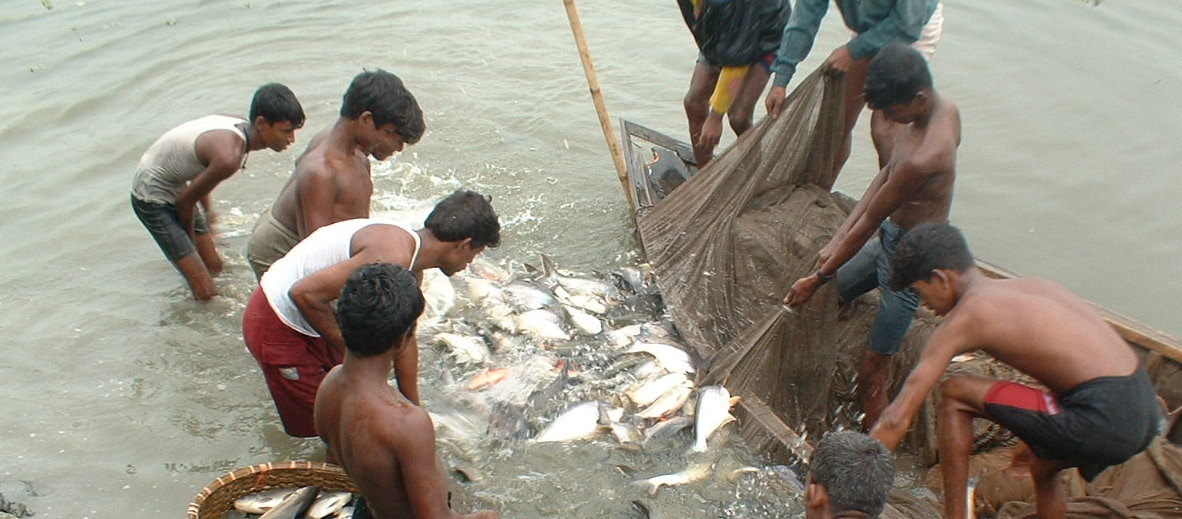-
Trainingarrow_drop_down
- About Training
-
Internationalarrow_drop_down
- About International
- Produce Safety Alliance Grower Training
- Good Fishing Vessel Practices
- Aquaculture Training Programs
- Good Agricultural Practices
- Commercially Sterile Packaged Foods
- Food Inspector Training
- Supply Chain Management for Spices and Botanical Ingredients
- WTO-SPS Professional Development
- Training Data
-
Collaborationsarrow_drop_down
- About Collaborations
-
International Collaborationsarrow_drop_down
- About International Collaborations
- About Collaborative Training Initiatives
- Collaborative Produce Safety Training Initiative
- Bangladesh Aquatic and Aquacultural Food Safety Center
- IICA-JIFSAN Collaborative Training Initiative for the Americas
- India Supply Chain Management for Spices and Botanical Ingredients (SCMSBI)
- Malaysia Ministry of Health Collaborative Framework on Food Safety Capacity Building
- Thailand Center for Commercially Sterile Packaged Foods
- About
- News & Events
- Training
- Research
-
Collaborations
-
International Collaborations
- About Collaborative Training Initiatives
- Collaborative Produce Safety Training Initiative
- Bangladesh Aquatic and Aquacultural Food Safety Center
- IICA-JIFSAN Collaborative Training Initiative for the Americas
- India Supply Chain Management for Spices and Botanical Ingredients (SCMSBI)
- Malaysia Ministry of Health Collaborative Framework on Food Safety Capacity Building
- Thailand Center for Commercially Sterile Packaged Foods
- Partnerships
-
International Collaborations
- Informatics
Awarded USAID Feed the Future Fisheries Laboratory Project Beginning
September 2020
Dr. Narrod is collaborating with a team of researchers from Washington State University, International Centre for Diarrhoeal Disease Research, Bangladesh, University of Maryland Eastern Shore, Centers for Disease Control and Prevention, Ministry of Fisheries and Livestock, Bangladesh, and Centre on Integrated Rural Development for Asia and the Pacific aimed at Identifying Major Sources of Fecal Pathogens in Bangladeshi Aquaculture Value Chains and the Most Cost-Effective Risk Reduction Strategies. The project is expected to encompass two phases of research over three years. Details and project scope found here:


